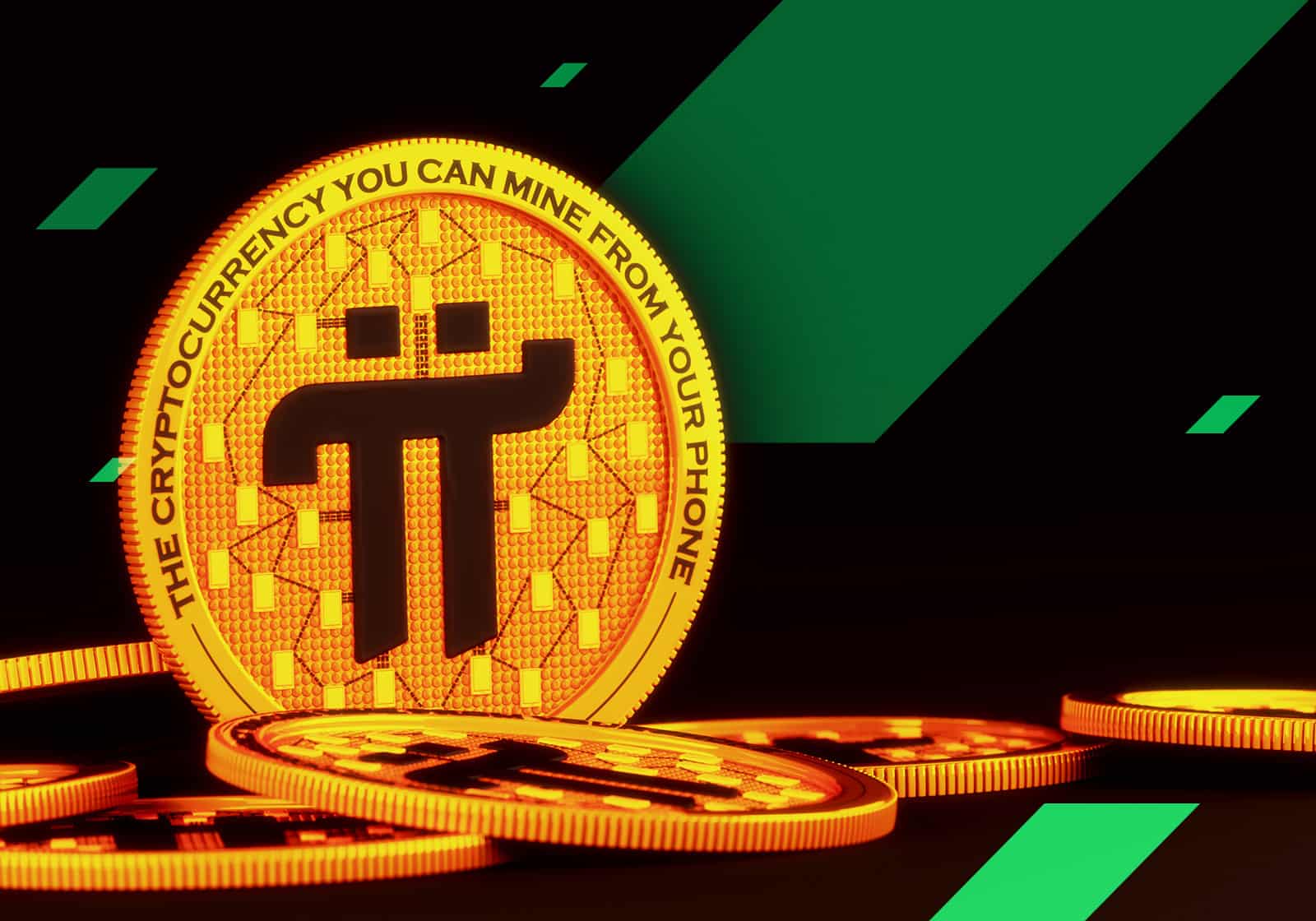|
Getting your Trinity Audio player ready...
|
The landscape of international trade is undergoing a digital revolution. Traditional methods, reliant on a complex web of intermediaries and often hindered by geographical limitations, are poised to be streamlined by a confluence of powerful forces: cryptocurrencies and blockchain technology.
The rise of digital assets like Bitcoin and Ethereum is just one facet of this transformation. Their underlying technology, blockchain, offers a secure, transparent, and decentralized platform that is fundamentally transforming how businesses conduct international transactions.
From Fiat to Frictionless
The dominance of fiat currencies, issued and controlled by governments, has long been a cornerstone of global trade. However, cryptocurrencies offer a faster, cheaper, and more efficient alternative. Unlike fiat, which can be subject to currency fluctuations and bureaucratic delays, crypto transactions are borderless, near-instantaneous, and have significantly lower fees. Imagine a world where businesses can settle international contracts in minutes, without the need for intermediaries or exposure to fluctuating exchange rates. This is the future that crypto promises.
The Power of Smart Contracts
Further amplifying this efficiency are smart contracts – self-executing agreements stored on the blockchain. These digital contracts remove the need for third-party verification, automating key trade processes and ensuring all parties involved adhere to the terms. Imagine a scenario where a shipment of goods is automatically released upon confirmation of payment received in cryptocurrency – a secure and frictionless exchange.
Revolutionizing Supply Chains with VeChain and IOTA
The impact of crypto extends beyond just transactions. Blockchain technology offers a powerful tool for revolutionizing global supply chains. Here, specific platforms like VeChain and IOTA shine.
VeChain, for example, is a blockchain designed specifically for supply chain management. It offers features like real-time tracking of goods, temperature control monitoring for perishables, and secure data sharing among authorized participants. This fosters unprecedented transparency and combats counterfeiting, a major concern in international trade. Imagine a system where consumers can verify the origin and authenticity of products with a simple scan, boosting trust and brand reputation.
IOTA, another innovative protocol, takes a different approach. It utilizes a lightweight architecture specifically designed for the “Internet of Things” (IoT). Imagine millions of interconnected devices – sensors, trackers, and machines – seamlessly communicating on the IOTA network, providing real-time data on the location and condition of goods throughout the supply chain. This fosters unparalleled transparency and efficiency in global trade.
Also Read: IOTA’s Tangle vs. VeChainThor Blockchain: Who Wins in the Race for Supply Chain Supremacy?
The Rise of the Decentralized Marketplace
The concept of a borderless marketplace is no longer science fiction. Decentralized Autonomous Organizations (DAOs) are emerging as a new paradigm for international trade. These internet-native collectives, governed by a set of rules encoded on the blockchain, can facilitate peer-to-peer commerce on a global scale. Imagine a marketplace where businesses can connect directly with each other, eliminating intermediaries and fostering a more equitable trading environment.
Challenges and the Road Ahead
While the potential of cryptocurrencies and blockchain for global trade is undeniable, challenges remain. Regulatory uncertainty is a major hurdle, with governments still grappling with how to best integrate this new technology. Additionally, the volatility of certain cryptocurrencies raises concerns about price stability for international transactions.
However, the conversation is rapidly evolving. Governments and financial institutions are actively exploring the possibilities of crypto and blockchain. As regulations become clearer and the technology matures, the volatility is expected to decrease.
A New Era of Global Trade
The future of international trade is being reshaped by cryptocurrencies and blockchain technology. From frictionless transactions to secure supply chains with VeChain and IOTA, and the rise of decentralized marketplaces, the potential for a more efficient, transparent, and inclusive global trading system is within reach.
Also Read: Dubai Customs Embraces Blockchain: Streamlining Trade and Boosting Transparency
As the technology continues to evolve and regulations adapt, we can expect to see cryptocurrencies and blockchain play an increasingly central role in reshaping the way the world conducts business.
Disclaimer: The information in this article is for general purposes only and does not constitute financial advice. The author’s views are personal and may not reflect the views of Chain Affairs. Before making any investment decisions, you should always conduct your own research. Chain Affairs is not responsible for any financial losses.
I’m the cryptocurrency guy who loves breaking down blockchain complexity into bite-sized nuggets anyone can digest. After spending 5+ years analyzing this space, I’ve got a knack for disentangling crypto conundrums and financial markets.




